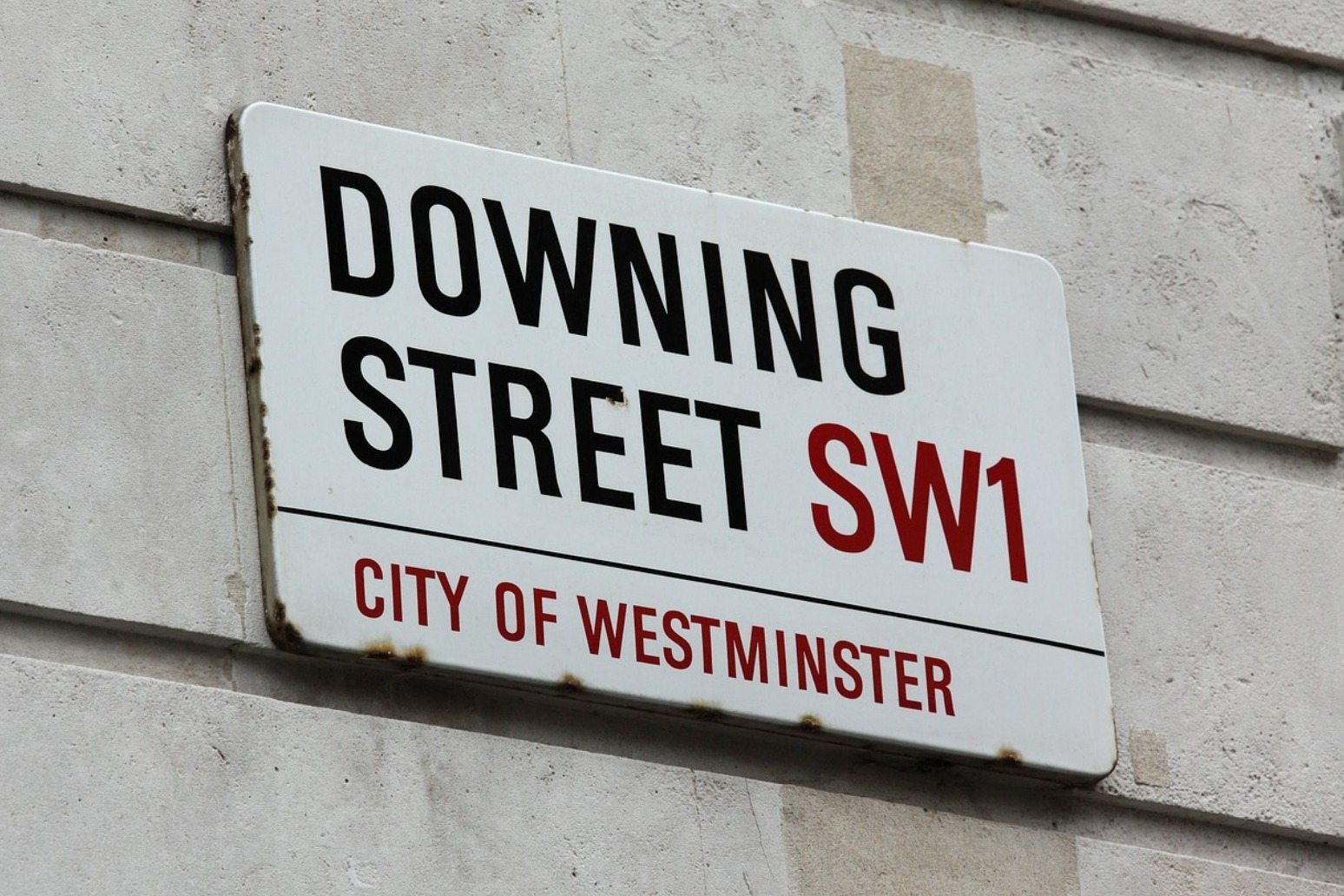
May apologises to Caribbean leaders over immigration errors
Theresa May has apologised to representatives from 12 Caribbean countries over recent harsh treatment by immigration bureaucrats.
It concerns people who arrived in Britain as children after World War Two.
The "Windrush generation," whose parents were invited to Britain to plug labour shortfalls between 1948 and 1971, have been caught up in a tightening of immigration rules overseen by May in 2012 when she was interior minister.
"I want to apologise to you today because we are genuinely sorry for any anxiety that has been caused," May told leaders and diplomats from the Caribbean countries, who were in London for a summit of Commonwealth heads of government.
The scandal over the mistreatment of Windrush immigrants from what had been British colonies has cast a shadow over the summit, which is supposed to strengthen Britain's ties to fellow Commonwealth countries as it prepares to leave the European Union.
Named after a ship which brought migrants from Jamaica, Trinidad and Tobago and other Caribbean islands in 1948, the Windrush generation enjoyed a special status but that has been eroded over the years by successive immigration reforms.
The 2012 rule changes have led to some people being wrongly identified as illegal immigrants, asked to provide documentary evidence of their life in Britain they had never previously been required to keep, and in some cases denied rights, detained and threatened with deportation.
Interior minister Amber Rudd said on Monday that a special team would be set up within her ministry to resolve issues, and May told the Caribbean representatives that she would instruct that team to work swiftly and efficiently.
Earlier, Jamaican Prime Minister Andrew Holness highlighted the Windrush issue at a plenary session of the Commonwealth summit, drawing cheers from his fellow leaders.
"Citizens from former colonies, particularly in the West Indies, have migrated to Great Britain where they have significantly contributed to the building and enrichment of the country," Holness said.
"Now these persons are not able to claim their place as citizens," he said. May was on stage as he spoke, having delivered her own speech just before.
Holness said Caribbean leaders wanted to see speedy implementation of the proposed solution. "It is only fair. It will lead to security, certainly for those who have been affected, and it is the kind of inclusive prosperity for which we stand as Commonwealth peoples," he said.
Published: by Radio NewsHub